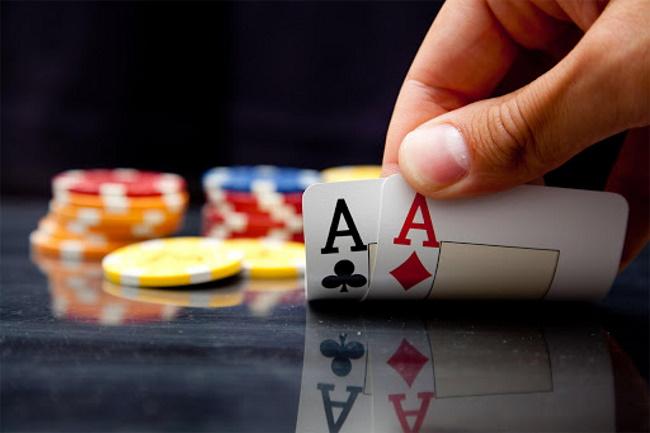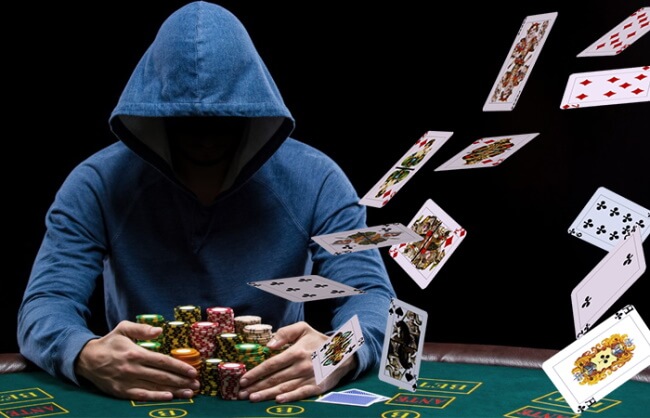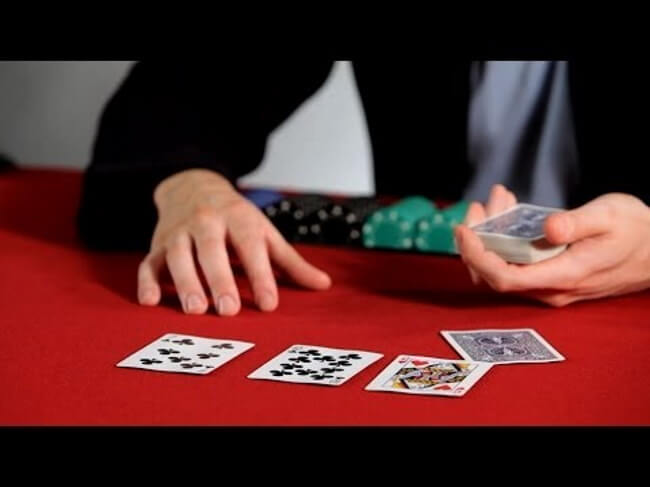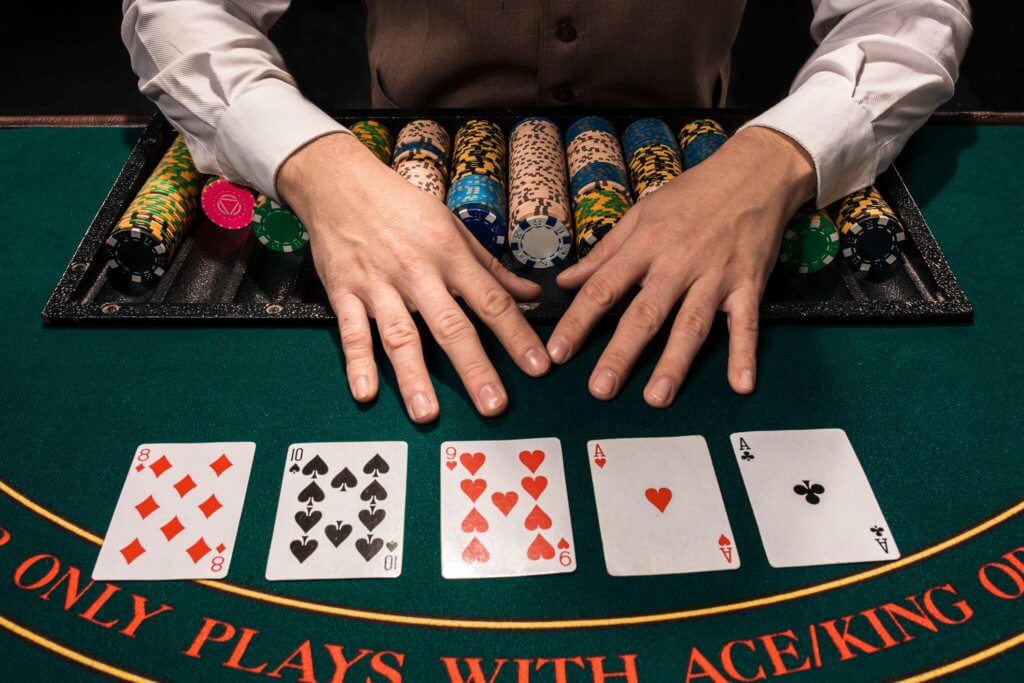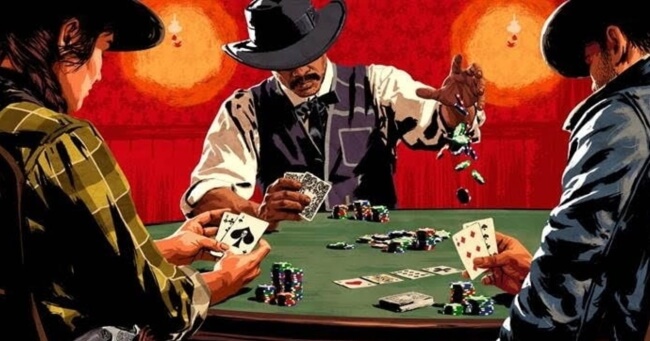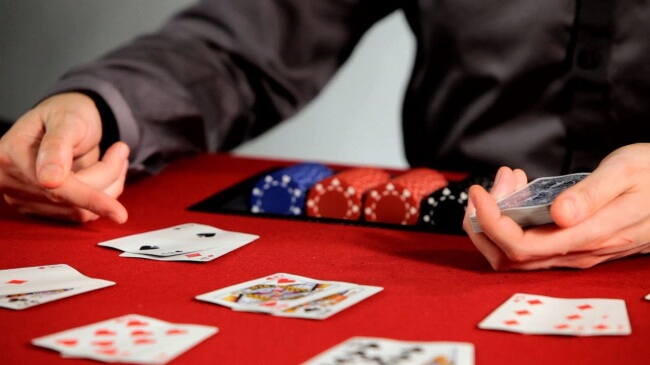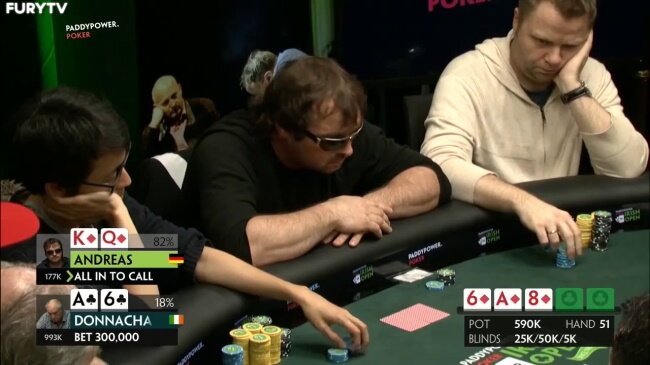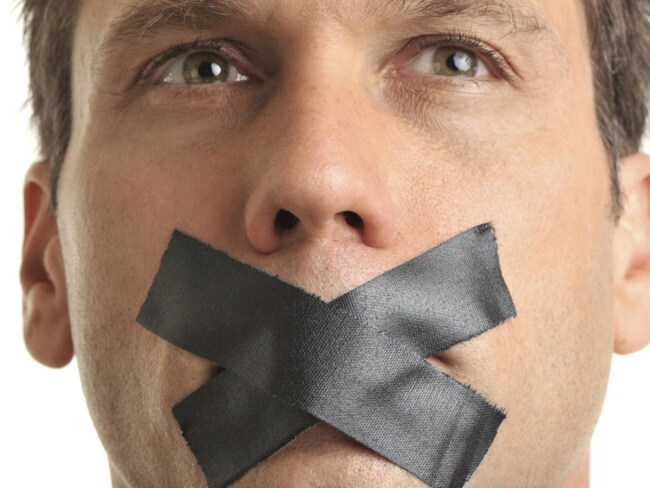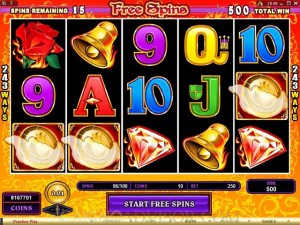Poker is a popular game played by many. Several players care about how much money they can win, which is fine, but there are also a lot of players that are more interested in having fun. Of course, these players would obviously love to win some money if they could, but they don’t mind losing at the cost of an enjoyable experience. Here is the basic Etiquette at the Poker Table.
This is one reason why it’s so necessary to follow the norms and be respectful while playing poker. It is the liability of every player to ensure that other players have a positive experience.
You need to follow etiquettes involved in poker. You need to know some unwritten rules which display what you should and shouldn’t do and breaking these will likely alienate your fellow players.
Etiquette at the Poker Table
Here is the rule of Etiquette at the Poker Table that you must follow at the poker table:
-
Be Polite
If you play live poker for a long time you’ll probably encounter many players who don’t follow this rule. It becomes very easy to stick to yourself and there’s no excuse for not being polite and courteous to your fellow players. You just have to stay quiet, but using good manners isn’t hard to do and it’ll create a better and welcoming atmosphere at the table.
-
Make Your Actions Clear
Clearing your action will not only make your life easier but your opponent’s life also. Shoving a few chips into the pot and mumbling “raise” or “call” doesn’t give you the benefit and it’ll simply annoy your opponents. You can even slide a neat stack of chips in front of you and declare your actions with clarity. It will avoid all confusion and it will ensure that you are not trying to gain an advantage by misrepresenting your actions.
-
Keep Up With the Play
You must pay attention to what’s happening at the poker table while you’re playing and it becomes more important to know when it’s your turn to act. You must also ensure that you post your blinds and antes on time and that you avoid acting out of turn. Do take much time to make a simple decision and keep players waiting while you order a drink or something to eat. It is the etiquette at the poker table you must follow.
-
If You Show One, Show All
If you win a hand without a showdown, you can choose to show the table your cards. What you cannot do is show them to just one player. This will give that player an unfair benefit, as they have information that no-one else has access to. Although it may not be that helpful to them, it’s the rule of the matter that’s the real concern. If you show one, you must show it all. This rule applies if you decide to throw away without showing.
-
Be Stable in Defeat and Victory
Being a poor loser or a poor winner is not a sportsman spirit. So you should always try to be gracious in both defeat and victory. You may display a little bit of distress following a particularly crushing defeat, but you won’t gain any respect by going showing a massive rant every time you lose a hand.
The same is the case with a victory. A small celebration after winning a big pot is perfectly acceptable. Celebrating too loudly is just going to agitate your opponents and gloating about how brilliantly you played a hand is equally annoying. If you want the respect of your opponents, then you should act with some degree of humility.
Top Five Poker Table Taboos
Poker etiquettes are not only about what you should do, but it’s also about what you should NOT do. The following points are the top five taboos that you should avoid while playing poker!
-
Talking About a Hand You Are Not Involved In
Discussing something during a hand that you aren’t involved in, definitely goes against poker etiquette. No one wants to hear your views about what each player may or may not have, what they need to do next, or what you think is going to happen. It is annoying to the players that are involved in the hand. It may also distract their concentration.
-
Criticizing Your Opponents
You must not criticize the way any of your opponents have played. That is not your say. Whatever mistake they might have done. It’s simply not the way to behave at a poker table. Everyone has the right to play how they want. Moreover, why would you help your opponents improve their game? When they make mistakes, it improves your chances of beating them, so please keep that in mind.
-
Revealing Your Cards during a Hand
Revealing your cards during a hand, regardless of whether you are still active or not, is very poor poker etiquette. It passed on the information to the table that may provide benefits to one player over another.
There is more than one way to reveal your cards to the table. You may not tell about your cards but you need to be careful not to reveal your cards accidentally too. Carelessly throwing your cards away when folding, can easily result in exposing them. If you exclaim in frustration when you make a great hand, then players would be able to determine what exactly was in your hand to some extent.
-
Slow Rolling
Slow rolling is about describing a few different circumstances, but it would apply when you know he has the best hand at showdown and takes a long time to turn over his cards to build up suspense. It could also apply when a player takes a long time to call an all-in bet, despite knowing that they have the best hand at the table.
Slow rolling is one of the worst etiquette breaches. It only winds up other opponents and irritates them after you won a big pot. Often some players slow roll deliberately to put down their opponents, it’s not recommended.
-
Blaming the Dealer
Poker dealers are there just doing their job. They have no control over what cards are dealt. Abusing or attacking a dealer because you’ve suffered a bad beat is not acceptable. You must be ready to get some bad luck from time to time. This is the nature of the game and it’s your responsibility to learn how to deal with the irritation and stop yourself from taking it out on the dealer.
Synopsis
Moreover, you may also tip more often the dealer. A dealer who has dealt fast and efficiently, with a friendly and pleasant manner deserves a decent tip than a dealer who continuously made mistakes and wasn’t that friendly. So, by now it would have been clear as to what etiquettes are nice and what to avoid.

